More U.S. Banks Collapsing as JPMorgan Chase CEO Consolidates his Power – Is this the Next Phase of the Great Reset?
Published on May 2, 2023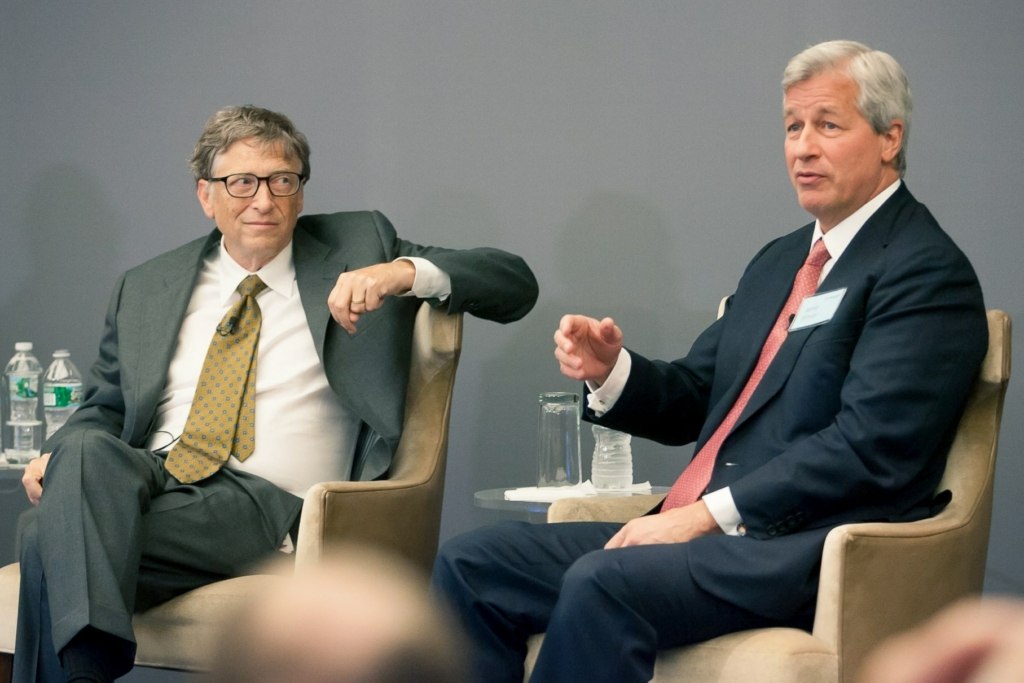
Bill Gates with JPMorgan Chase Bank CEO Jamie Dimon. Image source.
by Brian Shilhavy
Editor, Health Impact News
Another blood bath in American banks was seen today in stock market trading, with a “total collapse” of regional banks.
a total collapse in regional banks…
And despite the Biden admin claiming that FRC was just another ‘outlier’ business model, PacWest, Western Alliance, and Zions (among others) are in a freefall…
This follows the collapse of the second largest bank in U.S. history that occurred over this past weekend with First Republic Bank.
On Monday morning, JPMorgan Chase CEO Jamie Dimon, who stepped in to purchase the remaining assets of First Republic Bank at bargain rates, announced that the U.S. Banking system is “very, very sound.”
After another massive bank failure – and taxpayer-funded bailout – JPMorgan CEO Jamie Dimon told listeners on an investor call this morning that “The system is very, very sound.”
Doesn’t seem like it Jamie, old chap?
But hey, whatever you say now as the CEO of a bank that holds over 10% of America’s deposits.
“We need large, successful banks in the largest economy,” Dimon continued, proclaiming that “this is nothing like ’08 or ’09.”
Well he is right, in so much as this is far larger… and we really don’t know where the CRE holes on bank balance sheets are (even as Charlie Munger warns they are everywhere). (Source.)
Pam Martens of Wall Street on Parade, who has extensively covered the multiple felony charges that have been filed against Jamie Dimon over the years since he took over at Chase, published an article this morning explaining how we cannot trust Dimon’s statements that he is “saving” the banking industry, because he is one of the main reasons these smaller banks are failing in the first place.
There Was a Blood Bath in Some Bank Stocks Yesterday: So Much for Jamie Dimon’s Prediction That It’s the End of the Banking Crisis
There are two critical things you need to know about JPMorgan Chase’s Chairman and CEO Jamie Dimon’s ability to stabilize the banking crisis: (1) he’s tried twice and failed both times; (2) his bank is a key financier of hedge funds, some of which are undermining bank stock prices with short selling.
The Financial Times reported on April 5 that “Hedge funds made more than $7bn in profits by betting against bank shares during the recent crisis that rocked the sector, their biggest such haul since the 2008 financial crisis.”
Shares of First Republic Bank have lost billions of dollars more in market value since April 5, meaning the $7 billion haul for short sellers is now an understatement.
The one thing that would help dramatically to stem the banking crisis is for President Biden to immediately issue an Executive Order halting the short selling of federally-insured bank stocks.
As of right now, short sellers see an easy path to picking a regional or community bank target, or a bank that got in bed with crypto companies, or some inscrutable federally-insured fintech bank, and driving its share price into the ground while minting billions for themselves.
This is now a matter of national security to the United States.
The second largest bank failure in U.S. history just occurred on May 1 with First Republic Bank. The third largest bank failure in U.S. history occurred on March 10 with Silicon Valley Bank. The fourth largest bank failure in U.S. history occurred on March 12 with Signature Bank.
In each case, the Federal Deposit Insurance Corporation (FDIC), the federal agency that insures bank deposits up to $250,000 per depositor per bank, was on the hook for losses on underwater assets at the banks.
It will book tens of billions of dollars in losses to its Deposit Insurance Fund as a result. (The largest bank failure in U.S. history was Washington Mutual. That occurred in 2008. JPMorgan Chase was allowed to take it over, just as happened with First Republic Bank yesterday.) (Full article.)
Is Jamie Dimon Looking to Take Over Big Tech?
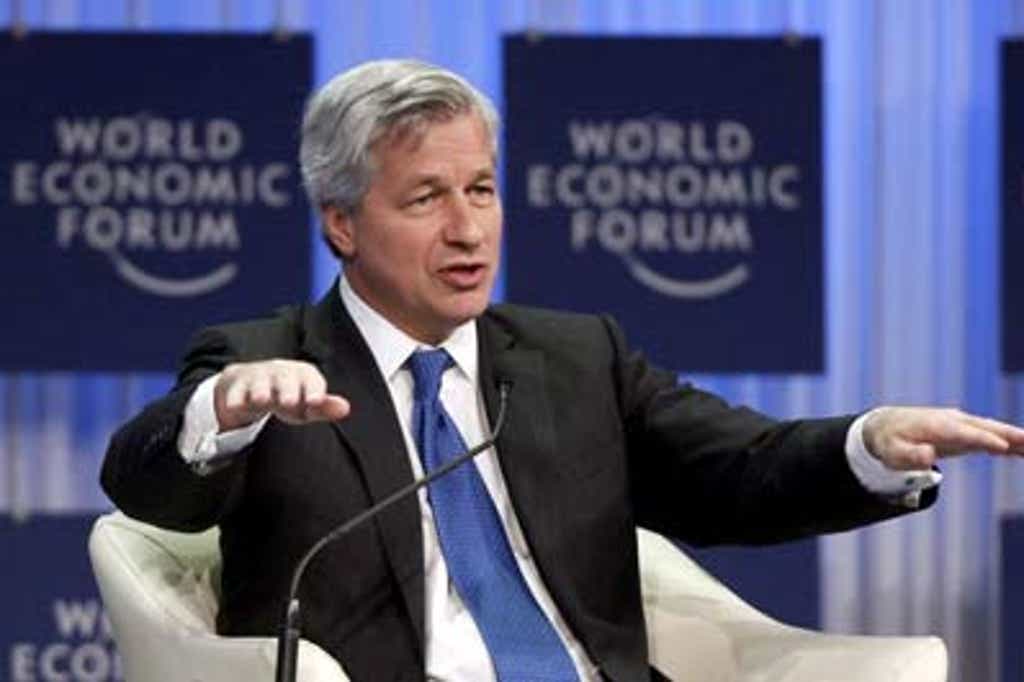
As mentioned above, Jamie Dimon’s Bank now holds over 10% of America’s deposits, and that percentage will only increase as more and more smaller banks collapse.
Most of these banks that have failed so far have been with banks holding the deposits of venture capitalists and billionaires from Big Tech. Some are now speculating that Dimon is looking to start dominating Silicon Valley, and have a greater influence with Big Tech.
JPMorgan’s Silicon Valley Moment
When business payments firm Bill.com went public in November 2019, the banks leading the initial public offering included Goldman Sachs, Bank of America and Jefferies. Missing was JPMorgan Chase, despite the fact that it had worked closely with the Palo Alto, Calif.–based company.
Among other endeavors, JPMorgan made a strategic investment when it led Bill.com’s $100 million financing round in 2017 and even inked a deal to integrate the firm’s payments technology into its own Chase platform. But JPMorgan decided to skip the IPO.
A person close to the deal said JPMorgan pulled out because it wanted a larger role than Bill.com offered it, meaning the bank wouldn’t get the bigger fees and bragging rights that come with a lead position. A person familiar with JPMorgan’s thinking said the economics of the deal didn’t stack up for the bank, so it chose to opt out.
A little over six months after Bill.com’s IPO, JPMorgan transferred its stake in Bill.com, then worth $100 million, to its charity arm, which liquidated it days later. The person familiar with the bank’s thinking said there was nothing unusual about that sale, which de-risked JPMorgan’s strategic investments.
JPMorgan has already won a flood of new clients who fled Silicon Valley Bank over the past few weeks following its collapse. On Monday, every customer of First Republic learned JPMorgan had bought their bank and assumed their accounts, giving it even more access to the technology industry and many high-net-worth people from Silicon Valley who banked at First Republic.
Those moves could give JPMorgan more opportunity to bolster its relations in the Valley.
“JPMorgan has a decades long presence in Silicon Valley, with well-established relationships across the corporate, venture and startup community,” a JPMorgan spokesperson said.
“We welcomed thousands more in recent weeks so they could continue to run their businesses without interruption.…We are committed to the innovation economy and excited about the opportunities to do even more.” (Full article – Subscription needed.)
Analysis: This Could be the Next Step in the “Great Reset” and Digital Control

As things have unfolded here in the first 4 months of 2023, I think I am seeing a pattern now of where this all might be going, and how we might now be at the start of the next phase of the “Great Reset,” and the desire of the Globalists to take digital control over the population as the U.S. economy crashes.
This phase actually began in November of 2022, with the roll-out of Microsoft’s AI ChatGPT. Even though this AI app had many problems and consistently gave wrong or bad information, it quickly became the fastest and most downloaded app of all time, even surpassing TikTok, as hundreds of millions of people downloaded it out of fascination to see what it could do.
The sheer amount of downloads sent panic throughout Big Tech, as everyone was afraid of being left in the dust on this new frenzy that Microsoft had created.
Google panicked the most, because while they had over 90% of all Internet searches, with Microsoft’s Bing a very distant second, here was something that threatened their near monopoly on Internet searches that it has held for decades now.
So they quickly released their own AI chat bot, Bard, and also released it to the public, and it made more mistakes than even Microsoft’s ChatGPT.
Within a very short period of time, Big Tech, which had been crashing since the fallout of FTX in 2022, started investing $BILLIONS into AI chat software. $Billions of investment into something that Microsoft started, by giving it away for free.
I have published several articles now warning people that this quite literally is the largest financial bubble of all time, because money is going out in investments while banks are failing, and little to no revenue is coming back in yet from those investments.
And that is a recipe for disaster, as many others in the financial world also clearly see as a huge risk. Here is one recent article published a couple of days ago on MarketWatch.
Opinion: Microsoft and Alphabet increase spending on AI, but don’t get carried away yet
Tech giants plan to spend more on infrastructure this year, and hope to reap the rewards later
As Alphabet Inc. and Microsoft Corp. vied for investors’ attention Tuesday with dueling earnings reports, one commonality was that both companies are increasing their capital spending on infrastructure, with AI a key component of that spending.
And with both Silicon Valley and Wall Street now obsessed with generative artificial intelligence as the Next Big Thing, both companies — after making big cost cuts –plan to spend this year to build out more infrastructure to support the higher-performance computing power needed for AI, and hope to reap the rewards later.
When asked by an analyst where Microsoft would see revenue as a result of its investment relationship with OpenAI, the creator of ChatGPT, executives pointed to its Azure cloud business.
Analysts also expect that Microsoft’s Bing search engine will ultimately benefit from the incorporation of generative AI, but for now, Microsoft’s search and news advertising revenue grew just 10% in the quarter, down from 23% growth a year ago, and was flat sequentially.
Investors who are so excited about the potential for generative AI, especially in data center and search, need to realize that for now, companies are in the investment period. Those funds will go to companies like Nvidia Corp. and other hardware makers making data-center infrastructure technologies.
But that big spending could also hit the profit margins of Alphabet, Microsoft and others.
Tuesday’s comments from both companies showed that AI is still top of mind, with one trader pointing out on Twitter that Alphabet mentioned AI 78 times on its analyst call, while Microsoft mentioned it 64 times.
Even so, investors have clearly gotten ahead of their skis with the hype over AI, and perhaps they need to lean back and wait for the investment phase to be over, before the revenue starts to kick in. (Full article.)
The entire U.S. stock market is being supported by Big Tech right now, and almost everything being invested in Big Tech revolves around AI, as they bet on the future where at some point those investments will return a profit.
But with the Big Tech banks now failing and all other U.S. banks also doing poorly as credit dries up, who is going to continue funding Big Tech?
And the news just keeps getting worse, as the largest of all Big Tech companies, Apple, is facing huge potential losses based on the trade war with China, according to a report published today.
Apple and 10 other stocks tied to China supply chains are at risk
Morgan Stanley warns of hurdles to come for tech companies such as Apple.
Apple Supply Chain: “90-95% of Apple’s production is still in China; we believe a full decoupling would likely require hundreds of billions of dollars of investment at least, which would prove an outsize burden for the supply chain and potentially require investment from OEMs.”
Original equipment manufacturers make devices using component parts from other companies.
“It will take many years to shift the supply chain, and the U.S. will remain dependent on China in many areas. However, investing in the technology sector now requires a change in thinking to navigate the economic implications of multipolarization. Investors need to consider the broad investment themes associated with geopolitical risks rather than just taking a bottom-up view.” (Full article.)
Big Tech is in serious trouble, and the entire industry stands at the brink of a total collapse, along with hundreds of regional and small banks, unless they are bailed out.
Who will be left to bailout these banks and Big Tech companies?
Apparently Jamie Dimon, along with his pal Bill Gates, and his pal, Warren Buffet. (See: Who Owns the World Health Organization and Their Plan to Vaccinate and Digitally Track Every Human Being on the Planet?)
What we are probably looking at are a handful of banks and a handful of tech companies that are “Too Big to Fail” and will be bailed out.
These Big Tech companies MUST be bailed out, because the U.S. Government, along with the military and all of their intelligence agencies, have all their data stored in the Cloud with these companies.
JPMorgan Chase will probably be the lead bank, and Microsoft will probably be the lead Big Tech company.
Another news story that was published today that gives more evidence to this theory is that online education firm Chegg, a homework-help service, is losing business to ChatGPT. Chegg had a market capitalization of $2.1 billion, but has now lost 38% of its value.
Chegg shares crashed in premarket trading on Tuesday as executives acknowledged that OpenAI’s ChatGPT was threatening the growth of its homework-help services. This marks one of the first notable market reactions to AI chatbots upending an industry.
On Monday, California-based Chegg reported a 7% year-over-year decline to $187.6 million in the first quarter. It saw a 5% drop in the number of subscribers to 5.1 million. Most of its revenue streams come from homework-help subscriptions, which start at $15.95 per month. (Source.)
And Chegg is not the only one being threatened by ChatGPT. Grammarly and other software companies could soon face the same scenario. (Source.)
Never mind the fact that ChatGPT cannot be trusted to provide accurate and unbiased information, it is FREE and it works faster! Who can compete with that?
So Chat AI software is not only not producing revenue, it is now TAKING REVENUE OUT OF THE MARKET!
And should we just believe this is all happening “naturally” due to market demand?
I doubt it. Microsoft probably knew exactly what they were doing, or attempting to do, when they released ChatGPT.
Just like Jamie Dimon seems to be consolidating the Banking industry by driving smaller banks out of business, so too might Bill Gates and Microsoft be driving smaller Tech companies out of business, to consolidate the Tech industry.
What a perfect scenario that might be unfolding for the Globalists to eventually force everyone to bank at only the banks they choose, and only use the technology products they decide upon, all as part of the Great Reset to convert everyone into the new digital age where everyone will need some kind of digital ID to participate in, with everything about your private or public life digitally tracked and stored.
And I have not even addressed the issue of the U.S. debt ceiling standoff which is looming in the days ahead….
See Also:
Understand the Times We are Currently Living Through
The God of All Comfort
Who are the Children of Abraham?
God Will Not be Made a Fool – A Person Reaps What he Sows
An Invitation to the Technologists to Join the Winning Side
Synagogue of Satan: Why It’s Time to Leave the Corporate Christian Church
How to Determine if you are a Disciple of Jesus Christ or Not
Epigenetics Exposes Darwinian Biology as a Religion – Your DNA Does NOT Determine Your Health!
What Happens When a Holy and Righteous God Gets Angry? Lessons from History and the Prophet Jeremiah
Insider Exposes Freemasonry as the World’s Oldest Secret Religion and the Luciferian Plans for The New World Order
Fact Check: “Christianity” and the Christian Religion is NOT Found in the Bible – The Person Jesus Christ Is
The Seal and Mark of God is Far More Important than the “Mark of the Beast” – Are You Prepared for What’s Coming?
The Satanic Roots to Modern Medicine – The Mark of the Beast?
Medicine: Idolatry in the Twenty First Century – 7-Year-Old Article More Relevant Today than the Day it was Written
Having problems receiving our emails? See:
How to Beat Internet Censorship and Create Your Own Newsfeed
We Are Now on Telegram. Video channels at Bitchute, and Odysee.
If our website is seized and shut down, find us on Telegram, as well as Bitchute and Odysee for further instructions about where to find us.
If you use the TOR Onion browser, here are the links and corresponding URLs to use in the TOR browser to find us on the Dark Web: Health Impact News, Vaccine Impact, Medical Kidnap, Created4Health, CoconutOil.com.
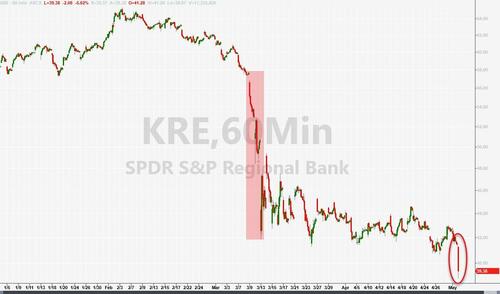
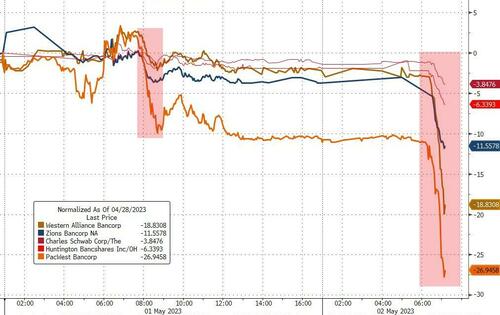



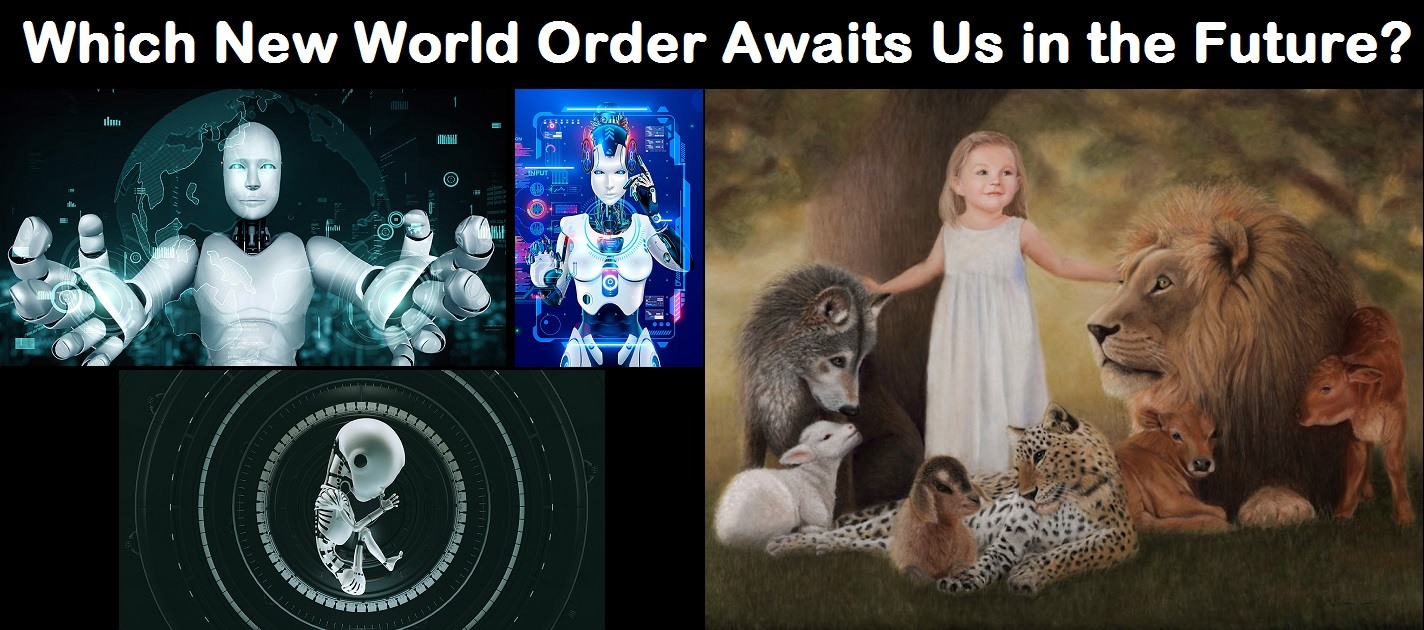




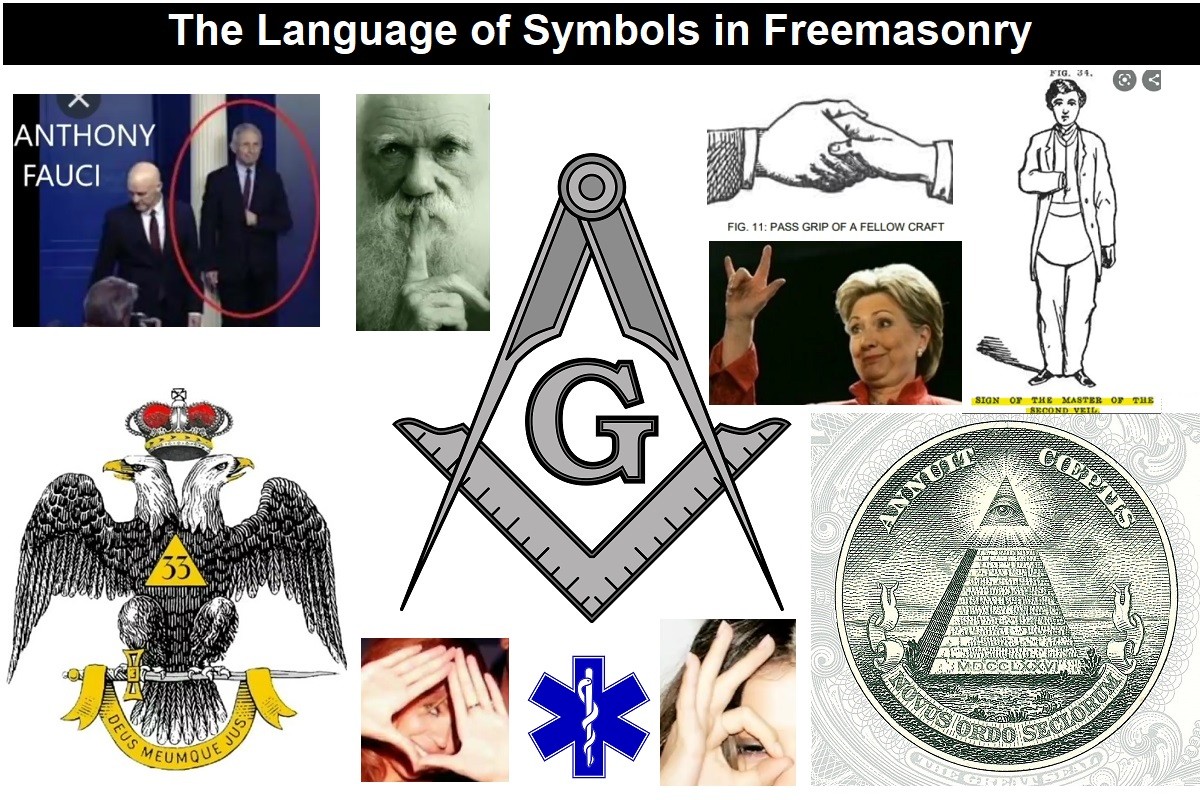

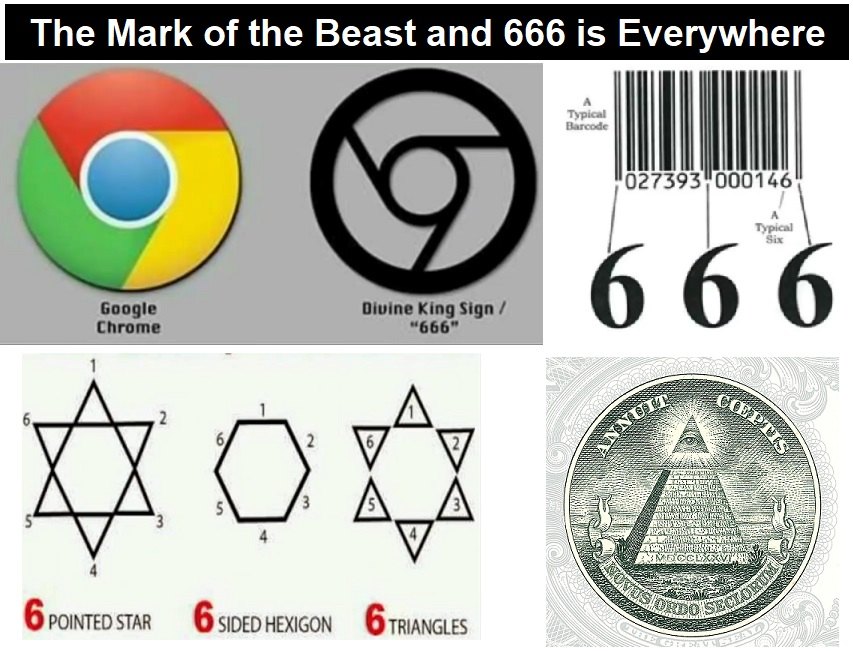

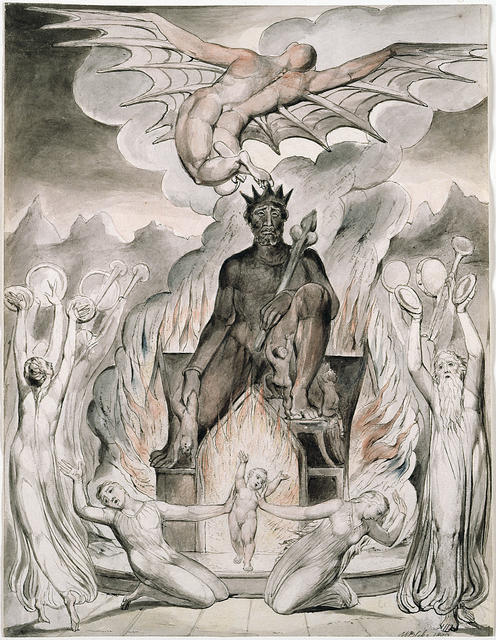



No comments:
Post a Comment